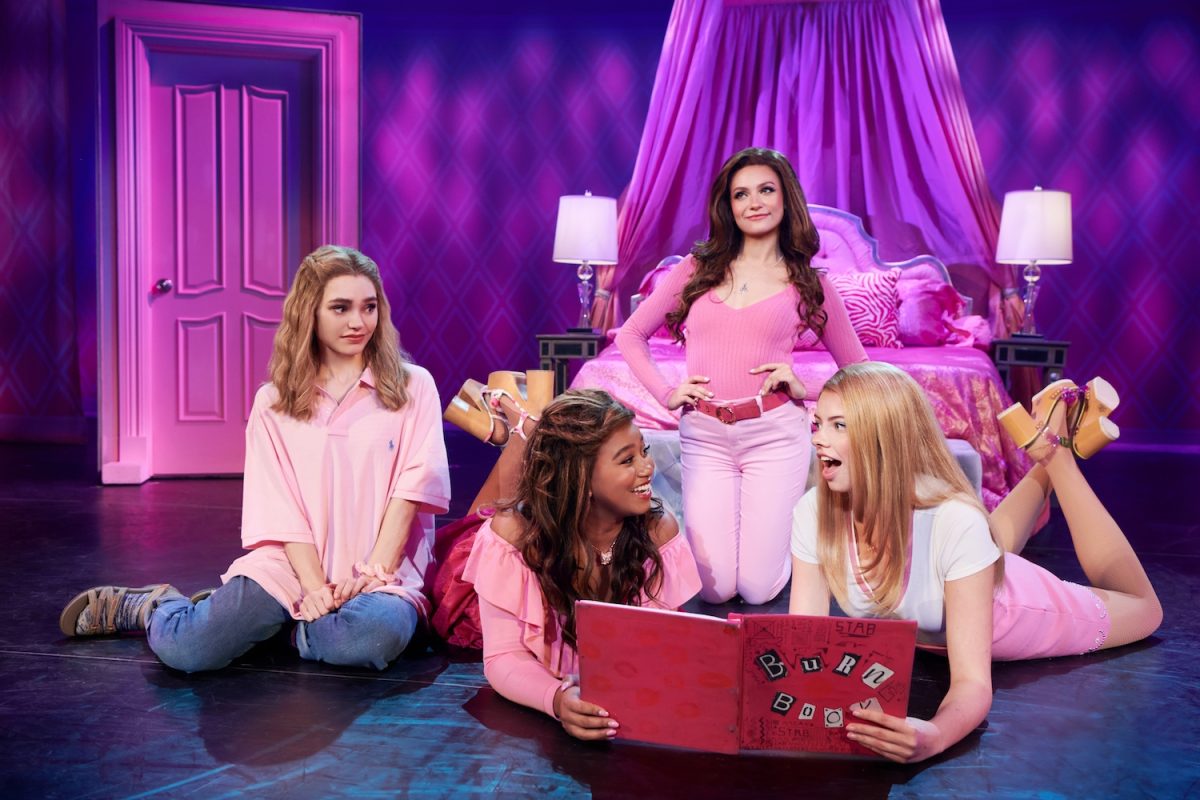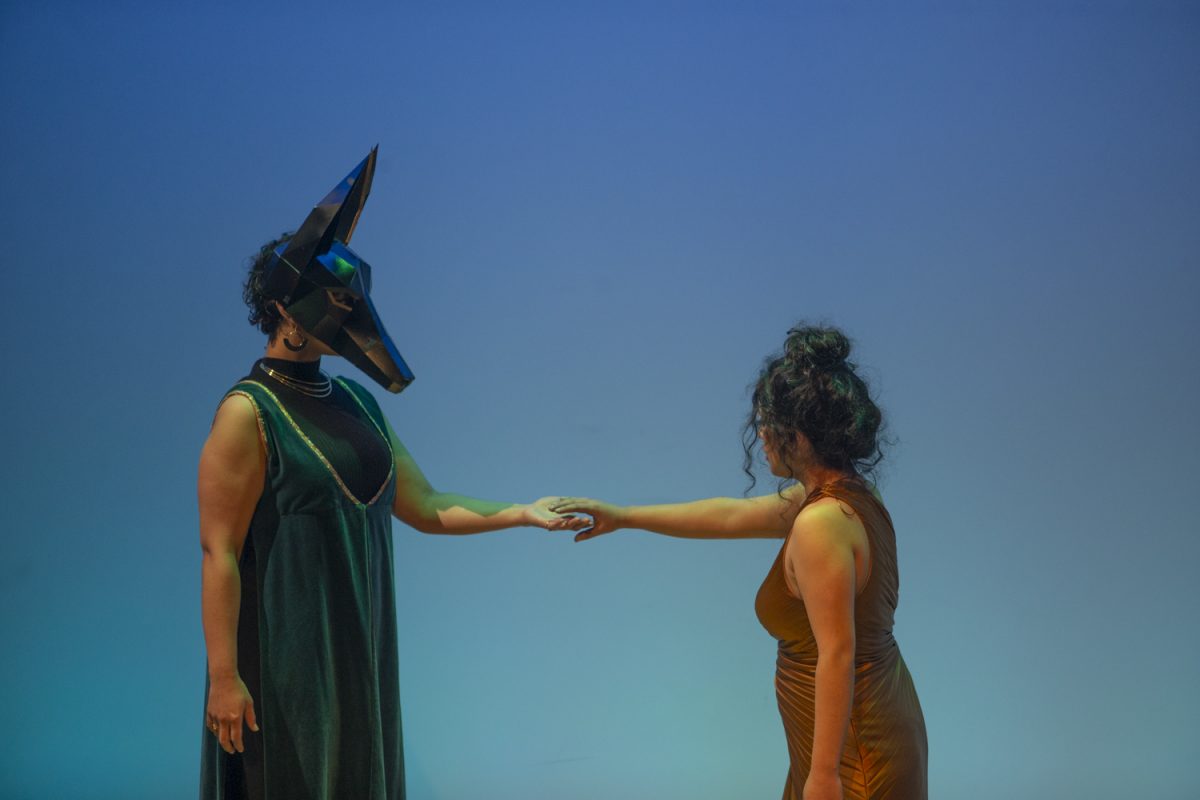3.5 out of 5 stars
One of my favorite moments of “Siskel & Ebert,” thankfully available for any curious parties to watch on YouTube, was when they devoted an entire episode to discussing the influence of Quentin Tarantino on American cinema.
It’s not only an incredible document of a time when, inexplicably, producers decided to allow two of the country’s best film critics to essentially conduct a cinema-studies seminar on national television, it also provided one of my favorite illustrations of why Tarantino’s second film, Pulp Fiction, is such a masterpiece. Ebert explains that Pulp Fiction let the air out of the bloated, stale Hollywood system by deviating from traditional patterns of storytelling and dialogue in a way that’s so shocking it captivates the audience from beginning to end. Siskel coins the great line, “Like all classic movies, it criticizes other movies.”
These words were bouncing around my head as I watched Guardians of the Galaxy, the latest and weirdest film in the Marvel Comic Universe series. Not only weird as in amusingly off-putting alien designs and incredibly nebulous MacGuffins but also weird in how it essentially repudiates most of the central tenets of modern blockbusters.
To borrow an adage from Siskel, like all great space-opera films, the plot of Guardians is a convoluted mess. We follow Peter Quill (the considerably beefed-up Chris Pratt of “Parks and Recreation” fame), a human kidnapped from Earth at a very young age by a group of thieves who grows up to become a rakish, Han Solo-esque bandit himself. Quill robs an orb for Ronan (Lee Pace), a rogue member of the Kree, an alien race that recently made peace with the humanoid people of Xandar. Ronan opposes the treaty and hopes to use a powerful weapon hidden in the orb go on a “xenocidal” rampage against the Xandarians.
To keep Ronan from obtaining the orb, Quill forms a ragtag alliance with Ronan’s traitorous adopted daughter Gamora (Zoe Saldana), the colossally built victim of one of Ronan’s rampages, Drax the Destroyer (Dave Bautista), and the hilarious bounty-hunting pair of talking tree Groot (Vin Diesel) and verbose raccoon Rocket, voiced by Bradley Cooper, in a performance that nearly steals the show in an all-around terrific cast.
If that sounds confusing, you’ll be delighted (or horrified) to know that a large chunk of the plot is missing from this synopsis, for purposes of spoiler prevention and conciseness. However, what’s most interesting is that the DNA of labyrinthine plot this film could have had is nowhere to be seen.
Guardians also forgoes the relentlessly grim tone of modern blockbusters (films that took the entirely wrong lesson from the success of Christopher Nolan’s über-grim masterpiece The Dark Knight). Instead of wrapping itself in a pretentious, pseudo-profound cloth of brooding pessimism, Guardians decides to wholeheartedly embrace what it is — a fun, swashbuckling space opera. We get bright colors, fistfights, clever verbal quips (brilliantly assembled by screenwriter Nicole Perlman and director James Gunn), shootouts, and a climactic final battle scene that deftly combines immense scale and minute human detail.
Guardians of the Galaxy is not a classic film; hell, it’s not even a great one. The exposition gets clunky in parts, and some of the characters aren’t as well-drawn as they could’ve been (unlike most big-budget action flicks, I actually thought Guardians was too short). But Guardians is an entertaining alternative vision to the gloomy, destiny porn being shoved down our throats by Christopher Nolan copycats, and for that it deserves our respect, and whatever the price of admission is at your local movie theater.






